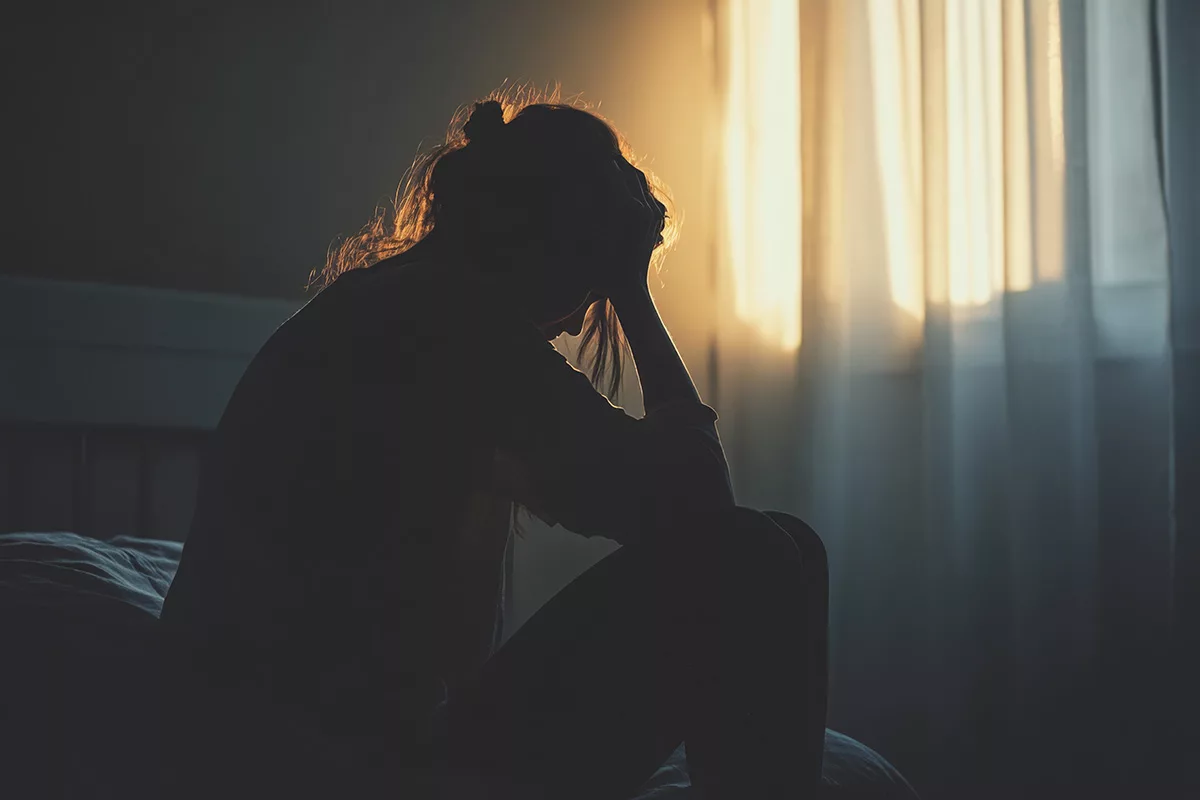Since the abolition of Legal Aid for the majority of family cases in 2013, many individuals are making applications to court without legal representation. Such individuals are known as ‘Litigants in Person’ or ‘Self Represented Litigants’. A Litigant in Person has the right to conduct the court proceedings in the same way as a solicitor or barrister; this includes cross examining their opponent. In light of this, the current law in the United Kingdom permits domestic abusers to cross-examine their victims during family proceedings.
However, the government have been urged to change the law and prohibit domestic abusers from cross examining their victims. The Home Secretary, Amber Rudd, has recently unveiled several proposals in relation to the treatment of domestic abuse victims in the family courts, including making them automatically eligible for special measures at court, such as being allocated a separate waiting room and giving evidence behind screens or by video link.
The charity Women’s Aid has welcomed the plans. However they stated victims of domestic abuse are still being subjected to the “abhorrent practice” of being interrogated by their alleged abusers in the family courts.
This controversial subject has also sparked judicial discussion. In the recent case of Re A (a minor) (fact finding; unrepresented party) [2017] EWHC 1195 (Fam) the mother was cross examined by her abusive former partner via video link as he was residing in Pakistan. The mother became extremely distressed during the cross examination and the judge allowed her to turn her back to the video camera so she did not have to engage face-to-face with her former abusive partner. The judge went on to say “It is a stain on the reputation of our Family Justice system that a Judge can still not prevent a victim being cross examined by an alleged perpetrator… I would go further it is, in itself, abusive. For my part, I am simply not prepared to hear a case in this way again. I cannot regard it as consistent with my judicial oath and my responsibility to ensure fairness between the parties.”
The Prisons and Courts Bill 2017 proposed to ban the practice and give the courts the power to put an end to domestic abuse victims being cross examined by their abusers. The Justice Secretary described this as a “humiliating and appalling” practice. However, following the Prime Minister’s announcement of a General Election in June 2017, the Bill was withdrawn by a unanimous vote of MP’s on the Bill Committee. This withdrawal was not met favourably. Katie Ghose, the Chief Executive of Women’s Aid said “The Ministry of Justice committed to ban perpetrators of domestic abuse from cross examining victims in the family court. However, the legislation set out in the Prison and Courts bill.. fell through”.
In light of this, it comes as no surprise that the matter of cross examination of domestic abuse victims remains a matter of much dispute and there have been significant proposals for reform. Katie Ghose has stated “It is a matter of urgency that the government prioritises the implementation of the ban on this abhorrent practice… Survivors must be able to safely access justice in both criminal and family courts in their escape from domestic abuse.”
The Home Secretary’s recent proposals will form part of a consultation on what is to be included in a forthcoming domestic abuse bill. The Home Secretary has stated “We want to remove one of the barriers that victims encounter in court: coming face to face with their alleged abuser.” The Home Office has proposed giving domestic abuse victims a similar status of victims of modern slavery and sexual offences. Section 101 of the Coroners and Justice Act 2009 inserted a new section 22A into the Youth Justice and Criminal Evidence Act which provides for the automatic admissibility of video-recorded statements as evidence of victims of sexual offences.
Mr Justice Hayden has stated “I understand that there is a real will to address this issue but it has taken too long.” However, the Consultation was due to be considered from March 2018 and so it may be argued the UK is thankfully one step closer to affording victims of domestic abuse greater protection within the family courts.




